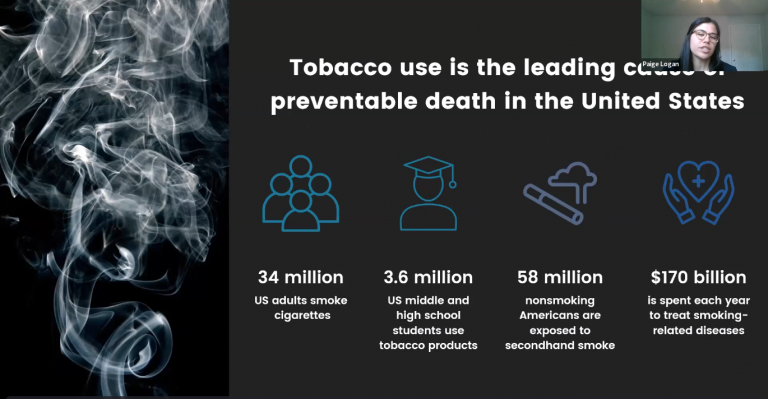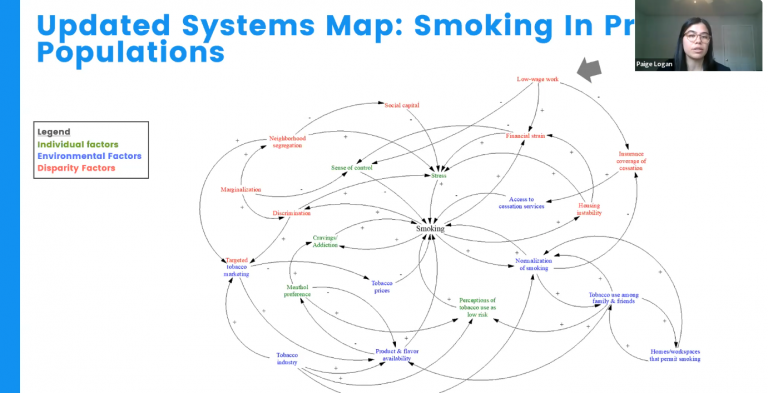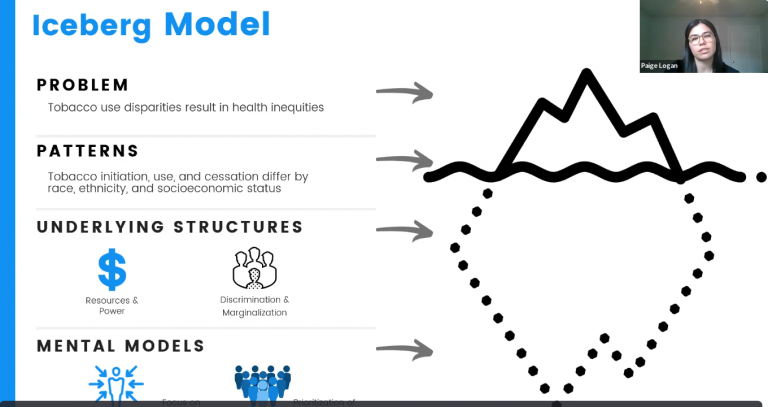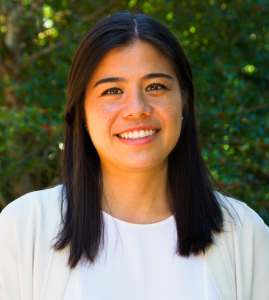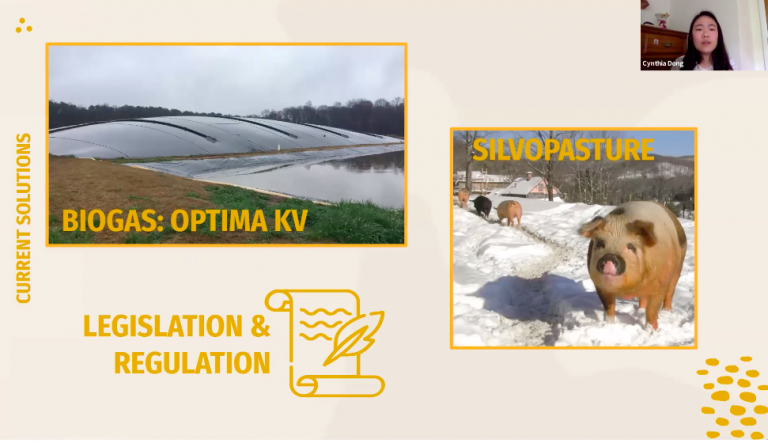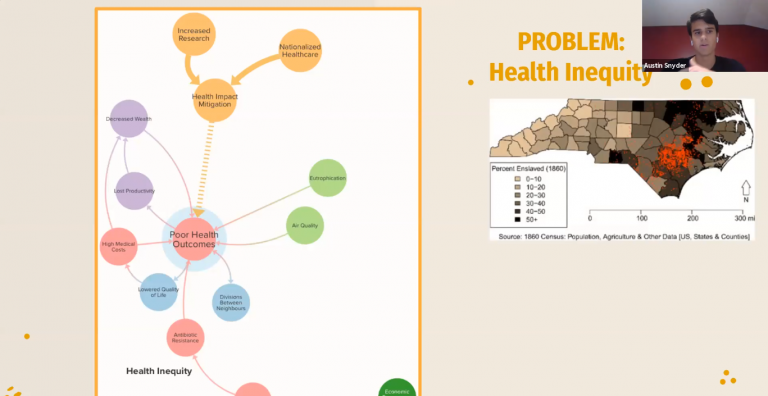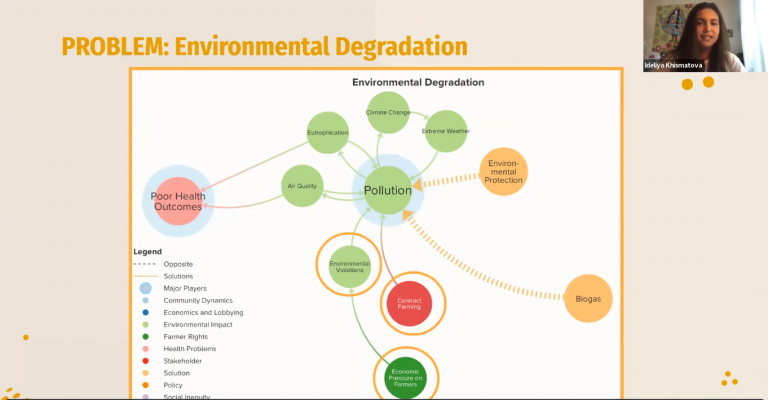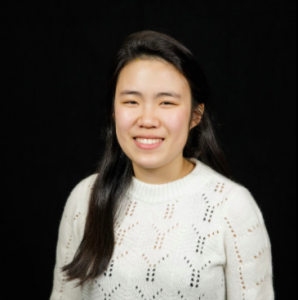Other top finalist teams in the competition included:
Colorectal Cancer Mortality in the United States. Personally motivated by the untimely death of Travis Johnson, an associate professor within the Gillings School of Global Public Health who died earlier this year at age 43 from colon cancer, this team hopes to help reduce premature, preventable cancer deaths. It wants to make an impact on a regional, national and global stage. Comprised completely of undergraduate public health students, the team includes Andrew Se (health policy and management) Arya Pontula (biostatistics and biomedical engineering), and Tori McFarlane (nutrition).
Systems Analysis of Food Insecurity in Greensboro, NC. After learning Greensboro has been ranked as the least food secure region in the nation, this team researched and examined the problem of food insecurity in the area as well as existing and potential solutions. The team includes Andrew Bradford, a master’s in public health graduate from UNC Gillings School of Global Public Health, and Jake Neal, master’s in public health graduate from UNC Greensboro.
Turbid Waters: The Clear and Opaque of Sand Mining in South East Asia. With sand being the second most extracted resource on Earth after water, this team examined the increasing demand for sand and how that demand affects marine ecosystems. The team includes UNC-Chapel Hill undergraduates Maria Silva, who is majoring in economics and business administration; and Wali Khan, a political science and computer science major. Two students at Jacobs University in Germany and a student at Universidad de Lima in Peru also joined the team.
Beyond the final teams’ virtual presentations, they were evaluated on the application of a systems thinking approach, understanding the challenge and solutions landscape, identifying gaps and levers of change, and providing key insights and lessons learned.
Judges for the competition included:
● Jes Averhart, entrepreneur and creator of the Reinvention Roadmap
● Ted Zoller, T.W. Lewis Clinical Professor of Strategy and Entrepreneurship and director of the Entrepreneurship Center at Kenan-Flagler Business School
● Chris Hoover, partner in Ernst and Young’s financial services organization and its U.S. agile transformation lead
● Lindsey Lassiter, manager of customer experience and innovation at the Redwoods Group
● Leah Frerichs, assistant professor in the health policy and management department at the Gillings School of Global Public Health
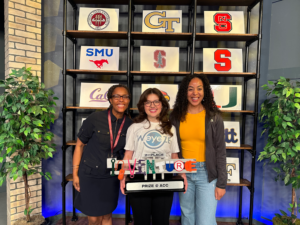

 | UNC-CH
| UNC-CH

